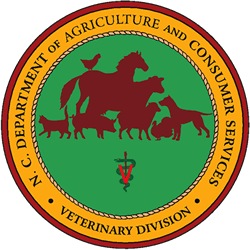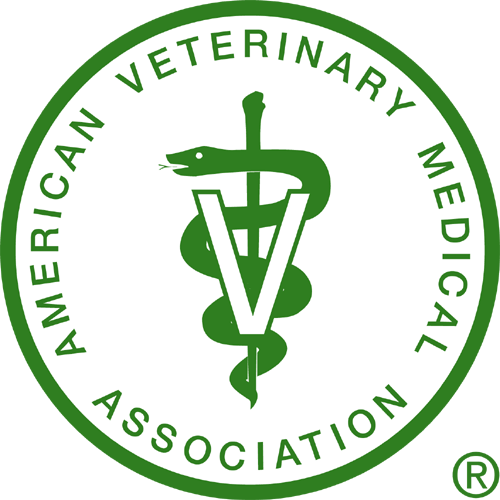Choke occurs in horses when food (or something else) gets trapped in the esophagus and they are unable to swallow. A small grain choke can often be resolved by the horse on their own. Remember, any choke that is not resolved within 30 minutes needs to be seen by a veterinarian as soon as possible. If you suspect your horse is choking call your veterinarian right away. The longer the choke goes on, the more difficult it becomes to fix, and more damage to the esophagus occurs. Often horses will choke on hay, pasture, or beet pulp. These chokes are not as easily resolved and require medical intervention.
The most commonly seen cases of choke are food obstructions. Anything that interferes with the horse’s ability to chew or swallow predisposes for choke. Horse that are older, have poor dental condition, and horses that eat very fast are all at a higher risk of choking than other horses. Other conditions that can affect a horse’s ability to swallow include sedation, botulism, trauma, etc.
The most common sign of choke is nasal discharge. It is usually a mixture of saliva and feed material from one or both nostrils. Some horse when they first realize the obstruction will panic and have signs similar to colic. Most will cough or appear to be gagging repeatedly and refuse the rest of their meal.
To make a definitive diagnosis of colic the veterinarian must pass a tube through one nostril into the esophagus and attempt to reach the stomach. The tube contacting with the obstruction confirms the diagnosis of choke. Your veterinarian will administer sedatives and other medications to relax the esophagus and help the obstruction to pass. If it will not pass into the stomach it will need to be flushed back up and out the nose. This takes a lot of time, patience, and water.
These cases sometimes have complications, the most common of which is aspiration. Occasionally horses will aspirate some amount of fluid and feed material into their trachea and lungs. This can cause infection (pneumonia) if not treated with proper antibiotics.
Horses recovering from a choke will need to be treated with anti-inflammatories, antibiotics, and watched carefully following an episode. Swelling will be present in the esophagus. Most will be restricted from normal feeds and then slowly fed mash diets to allow the esophagus to heal.
Preventing Choke
Soak any dry feeds (beet pulp) before feeding.
Make sure your horse has routine dental care and is able to chew appropriately.
Always provide clean sources of drinking water.
Once a horse has choked, even if resolved easily without intervention, consult with your veterinarian. Changes to the diet, feeding routine, or a dental exam can all help to prevent a recurrence.



